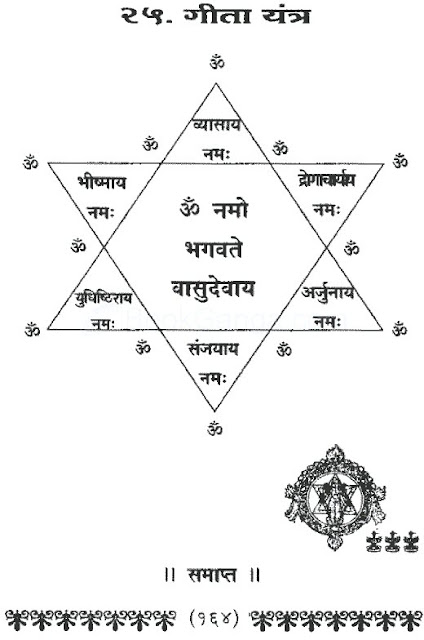(१)
बर्ही बर्हजिघृक्षुहिंस्रवणिजस्त्रातुं स्वजीवं दरा-
दूर्ध्वोर्ध्वं डयते द्रुतं कथमपि प्राणान् पणीकृत्य स:।
नो जानाति च यत्र याति शिखरे वृक्षस्य यस्योन्नते
नि:शङ्कं किल तत्र मांसनिरता गृध्रा: स्थिता: गृघ्नव:।।
Meaning: The burning trees make cracking noise, it’s not thunder. These are big flames which are arising, it’s not even lightening. Dark smoke has filled the skies, it’s not a real cloud. This is not rainy season but a forest fire, dear peacock, run for your life (to safe house).
(२)
मेघैर्मेदुरितं नभो, नभसि तद् दृष्ट्वा स्वतो नि:सृतां
केकां षड्जमनोरमां तव शिखिन् भिन्नां द्विधा मूर्च्छिताम्।
लोको वाञ्छति नैव पश्यति च नो मेघाकुलं वा नभ:
क्रय्याक्रय्यविचारणे हतरुचिर्बर्हाय लालायित:।।
Meaning: O dear peacock, the flock of your feathers glitter like sparkling gems. The way you dance with glee, there is no other bird like you in three worlds. You are indeed very beautiful, but this hunters have no mercy. Leave this forest at once, before they take your life.

यत्नादपि कः पश्यति शिखिनामाहार निर्गमस्थानम् |
यदि जलदनिनादमुदितास्त एव मूढा न नृत्येयुः ||
Meaning: Even after great efforts, who get’s to see a peacock’s behind? Only if this fool (peacock) who got excited by mere sounds of thunder beats, wouldn’t have




